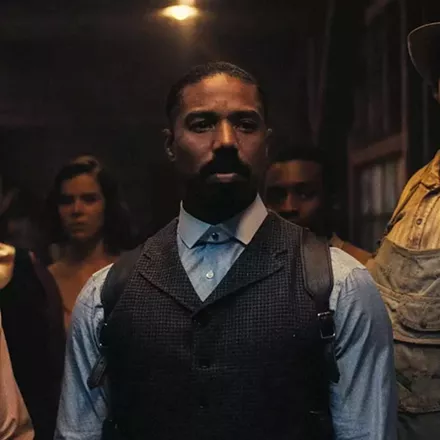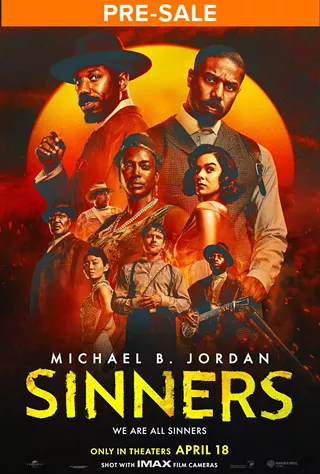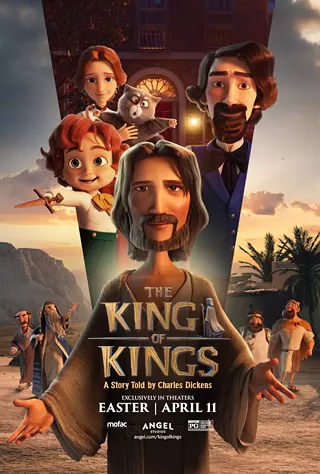Chow (Tony Leung Chiu-Wai) is a writer in Hong Kong circa 1966 working on a science-fiction novel that shares the film's title. His novel is a Blade Runner-like story of a man who loves an android who can't love him back, and Wong uses this story as a parallel to Chow's struggles with the sacred emotion. Wong occasionally cuts to a visual re-creation of Chow's words, juxtaposing the late-'60s film noir visual with a world that would be right at home in a Ridley Scott movie. The technique is more stunt than substance.
Various Chow love affairs are detailed in a sketchy manner as he takes up residence in a hotel, room 2047, after seeing the room number 2046 on a woman friend's door. Shortly after occupying the room, he hears the hotel landlord's eldest daughter Jing (Faye Wong) talking to herself. She disappears shortly thereafter, but will return to play a significant part before the film is over.
Enter Bai Ling (Ziyi Zhang), a stunning prostitute who is falling for Chow. For mysterious reasons, Chow doesn't reciprocate emotionally with Ling. Is it because she's a hooker? Maybe, because he makes money an issue the first time they sleep together. Is it pigheadedness, an effort to feel superior by dismissing someone's loving advances? Maybe, because Chow is unrelenting in his efforts to keep their relationship on shallow levels, and does little to console his friend. The film does take a little time to explain Chow's motivations near film's end, but the effect isn't the profound statement Wong is seeking to make. It's actually kind of a cliché.
There's another significant relationship between Chow and a Singapore gambler (Gong Li). The two share a kiss that is so hard and passionate, it looks as if their faces are going to cave in. It appears that the relationship with the gambler is the catalyst for Chow's erratic behavior.
All of these relationships in three years' time make Chow a truly unsympathetic character. His penchant for falling in love and being a morose whiner about it gets tiresome, fast. Had the story focused on one, or perhaps even two, true-love dilemmas during this time period, it would've had more resonance. As it stands, Chow is nothing more than a truly fickle individual, and I'm thinking that wasn't Wong's intent.
Wong uses three cinematographers to achieve the film's dream-like look. The future world doesn't get much screen time, but it does make an impression, that impression being that this portion of the film deserves its own movie. His use of Nat King Cole music provides an interesting atmosphere while making little sense--that's pretty much the case with the entire film.
In one of her more interesting screen turns to date, Ziyi Zhang steals the film with a heartbreaking performance. Again, her portion of the film deserves its own movie, rather than being stuck in a sea of swirling love stories. Zhang has always shown a softer side in her martial-arts movies. That softer side is on full display here, and she doesn't kick a single ass. Tony Leung Chiu-Wai is an interesting leading man, providing some levity during all of the confusion.
Some will undoubtedly see Wong's vision as magical and profound. Indeed, there are moments of 2046 that are just that. The flaws in his storytelling, or lack thereof, eventually overwhelm his film. It can be appreciated as a work of tremendous visual art, but it says nothing new about love, and it repeats its unoriginal message in a few too many boring plot threads.











